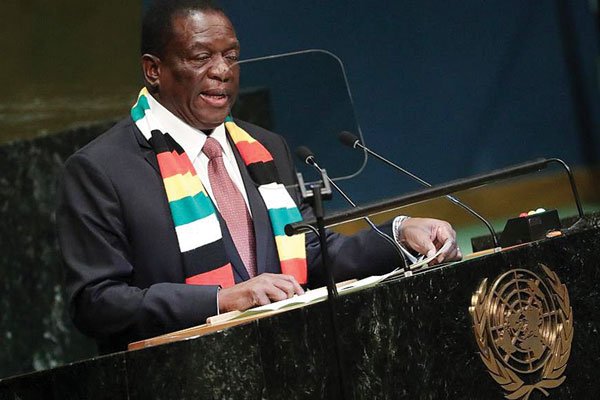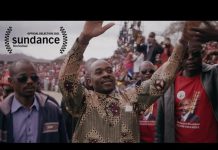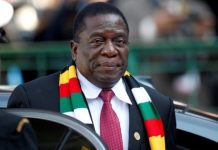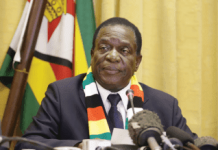AFTER nearly 40 years of former guerrilla leader Robert Mugabe’s rule, 2018 opened with the successor he did not want, President Emmerson Mnangagwa, consolidating his rule and embarking on a global charm offensive telling whoever cared to listen that he would do things differently.
On the whole, there seemed a national consensus that Mnangagwa’s demeanour, body language and choice of words pointed to a new dawn for Zimbabwe.
Mnangagwa’s call to arms against corruption, a focus more on business rather than politics and the respect for human rights had the world sitting up to take notice.
However, as the year progressed, the adage “talk is cheap” seemed to come true, but the Zanu PF leader has had his moments. On the whole, it turned into a year of extreme emotions oscillating between hope and despair. Mnangagwa established a special unit to fight corruption.
There have been reports of cartels with support from the judiciary pushing back against the anti-graft crusade. While there was a suggestion of gains in the first days with arrests, success has eluded Mnangagwa on this front.
Time is not on the President’s side, but if he cracks this one, it could determine his political future and his legacy.
After the dramatic events of November 2017 that brought Mugabe’s 38-year rule to an abrupt end, new Zanu PF leader Mnangagwa had taken over amid euphoric scenes only comparable to the aftermath of the 1980 first all-race elections.
Mugabe’s political architecture, there was renewed hope among ordinary Zimbabweans of something better on the horizon.
Mnangagwa made the right noises, his choice of words seemed to have been plucked from the opposition copy-book and his visit to an ailing MDC leader Morgan Tsvangirai on January 5 seemed a masterstroke. The hand of the military in Zanu PF created an air of stability.






